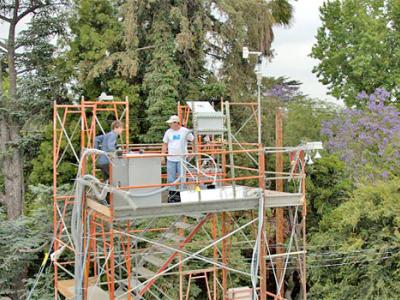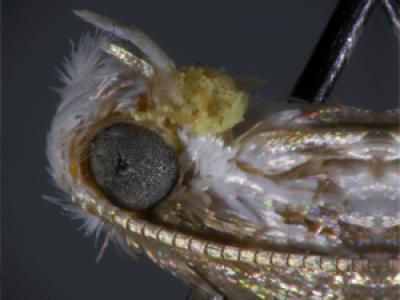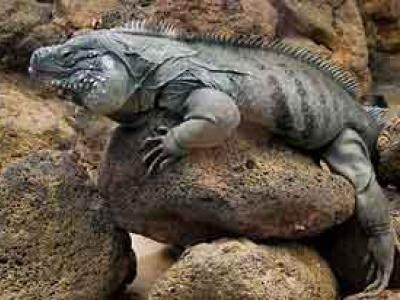Tinnitus discovery could lead to new ways to stop the ringing
People with tinnitus – a constant ringing or buzzing in the ears – can take heart from a new study by UC Berkeley neuroscientists that points to several new strategies for alleviating the problem.









